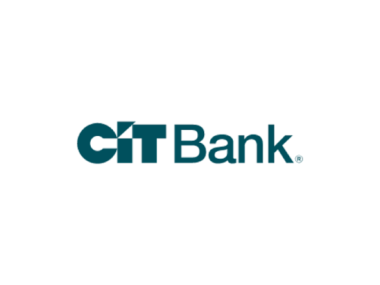What Is Debt Consolidation?
Debt consolidation means combining multiple high-interest debts like credit cards or personal loans into a single lower-interest loan that’s easier to pay off.
It’s a simplified way to tackle what can feel like an overwhelming situation.
How Does Debt Consolidation Work?
You take out a new personal loan and use the money to pay off your existing high-interest debts.
Now instead of juggling payments and due dates for multiple credit cards or loans each month, you have a single fixed monthly payment at a lower interest rate.
READ ALSO: The Best Cryptocurrency Exchange Platforms for Buying and Selling Crypto
How to manage and reduce multiple high interest debts
Some key benefits of consolidating your debt include:
1. Lower interest charges
By consolidating at a lower rate, you can save thousands in interest fees over the life of the loan.
2. Simplified payments
Only one fixed payment each month makes your debt much easier to budget and pay off. No more forgetting due dates or being hit with late fees.
3. Pay debt off faster
With a lower rate, more of your payment goes toward the principal. You can potentially pay the debt off years sooner.
4. Improve your credit
As you pay the consolidation loan on time each month, your credit score will increase.
Plus, your credit utilization ratio improves as balances on high-interest debts go down.
While debt consolidation can be an easy, effective solution, it does come with risks like extending the time to pay off the debt.
But if you’re disciplined in making payments and choose a reputable lender, consolidation can put you on the fast track to becoming debt free.
Pros of Debt Consolidation Loans
Some of the pros of Debt consolidation loans you should consider before pursuing one include.
1. Simplifying your payments
Rolling multiple high-interest debts like credit cards or personal loans into a single lower-interest loan means writing only one check or setting up one automatic payment each month.
This can make your debt much easier to manage and pay off over time.
2. Debt consolidation may also save you money
If you can qualify for a loan with a lower interest rate than your current debts, you’ll pay less interest over the life of the loan.
This means more of your payments can go toward paying down the principal balance. Over time, you can potentially save thousands of dollars and pay the debt off sooner.
Cons of Debt Consolidation Loans
However, debt consolidation loans aren’t for everyone. If you don’t qualify for a lower interest rate, you won’t save money with a consolidation loan.
You also need to be sure you can afford the payments on a new consolidation loan. If the payments are too high, you risk defaulting on the new loan and damaging your credit.
Consolidating your debts may also hurt your credit utilization ratio, which makes up 30% of your credit score.
Before pursuing a debt consolidation loan, weigh the pros and cons carefully based on your unique situation. Make sure the interest rate and payments will actually save you money and that you can afford the new payments.
READ ALSO: Jepi: What You Need to Know About This High-Yield ETF
Tips for Choosing the Best Debt Consolidation Option
Here are some tips to help you decide.
1. Look at interest rates and fees
Compare the APRs of each choice to find lower rates than what you’re currently paying. Watch out for any balance transfer fees, origination fees or penalties. The lower the fees and interest, the more you’ll save.
2. Consider your credit score impact
Some options like balance transfers or personal loans can temporarily lower your score a few points. But paying off debt through consolidation will help raise your score over time. Choose an option that minimizes damage to your score in the short term.
3. Determine a realistic repayment plan
Make sure any option you choose has a payment plan you can actually stick to long-term. If the payments are too high, you risk defaulting on the new consolidation loan or still being unable to pay off the balances before promotional rates expire.
4. Seek credit counseling if needed
If your debt situation is very complex or you need help creating a budget, consider free or low-cost credit counseling. They can evaluate your full financial picture and recommend a tailored debt consolidation plan.
5. Keep your spending in check
For any debt consolidation option to work, you must avoid racking up new high-interest debt. Make a spending plan to cut out waste, pay with cash or debit whenever possible and only spend what you can afford to pay off each month.




